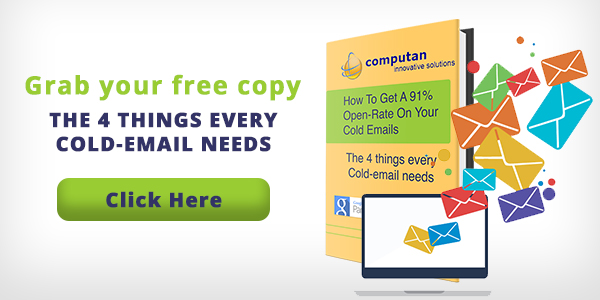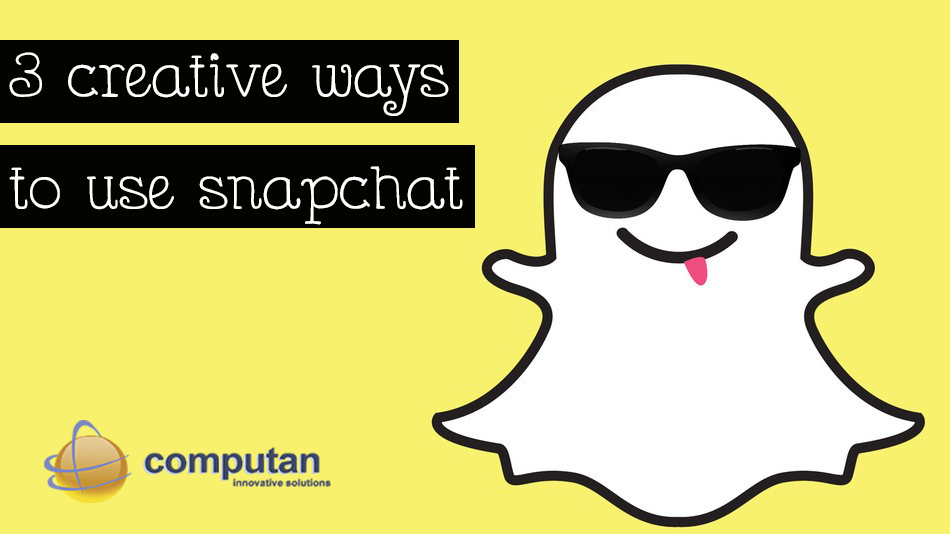You’ve done it before. Send a personal email introducing yourself or something you’re selling to someone that isn’t expecting it. You hope they’ll get the message and respond instantly, but the pessimist in you thinks you’d have better luck putting that message in a bottle and floating it across the ocean. After all, people are busy and will delete cold emails the minute they come in. Right? Wrong.
Here are the truths about cold emails:
1 – Cold Email Gets Read
Think about how you manage your own mailbox. A spam filter blocks out junk; what you get is usually legitimate email. You read the name and the subject and decide whether to continue reading or delete it. Bottom-line? Whether you like it or not, anything hitting your inbox gets read. You love checking your email. You’ll even do it in the bathroom. Most of us have push or sound alerts on our phones to notify us of new emails. After all, that magic sound emits hope of a new business opportunity or good news. Of course, you drop whatever it is you’re doing and open it.
Guess what? The recipients on the other end of your cold sends are the exact same. They are people that read whatever gets sent to them and passed through their Spam filters. After all, they’re looking for opportunities of their own. Don’t think for a second that the intended recipient didn’t get your email or didn’t read it. They may not respond because of the content of the email, but rest assured they are aware you tried to reach them. Email is something everyone makes time for.
2 - Email Length Matters
If a stranger sends you a 3,413-word masterpiece about something you don’t understand then you aren’t going to read it. You’ll read the first sentence or two and then delete it. Who wants to read!? Especially on a Saturday. Think about it. The only things you want to read outside of work are menus, Netflix Synopses or ESPN headlines. Well, that and Tweets from the fake Shooter McGavin Twitter account.
The people you’re sending emails to don’t want essays from people they don’t know. A link to more information, a video or an infographic is fine since it’s on them to click it or not, but stuffing your grad-school thesis into an email isn’t work. Give yourself an 80-word limit and 1 link to a piece of additional info. An email of that size doesn’t require any scrolling on a PDA and will probably get opened a few times if what you say is interesting.
3 – Warm It Up, Be Conversational
Aren’t you impressed when someone you don’t know congratulates you or comments on something about you? It could be about your background, hobbies, or a piece of work you did if someone came up to you in the grocery store and said, ‘Hi! You’re ABC work on project XYZ was amazing!’ What would you do? Probably smile and continue the conversation now if someone approaches you in the grocery store and says, ‘Hi! I sell widgets that help save other widgets.’ You’d probably run away or take the chance to use some of your favorite four-letter words.
Use the first line of your email to relate to the person you’re talking to. Google them and find their likes, dislikes, and other useful tidbits. Then, find something you can relate to them on. Maybe you’re both baseball fans. Maybe you’re both sociology majors who moved back in with your parents after graduation. The idea is to get them to read further. Once you get their attention by finding common ground, give them a sentence or two about a problem you can help them solve. Don’t be one of these email idiots.
Cold Emails are a part of email culture. We send them. We receive them. They aren’t going anywhere. We need to be strategic in how we are sending.
Grab this Cold Email Template
Need more help? This is a Cold Email template that has a 91 percent open rate. 



